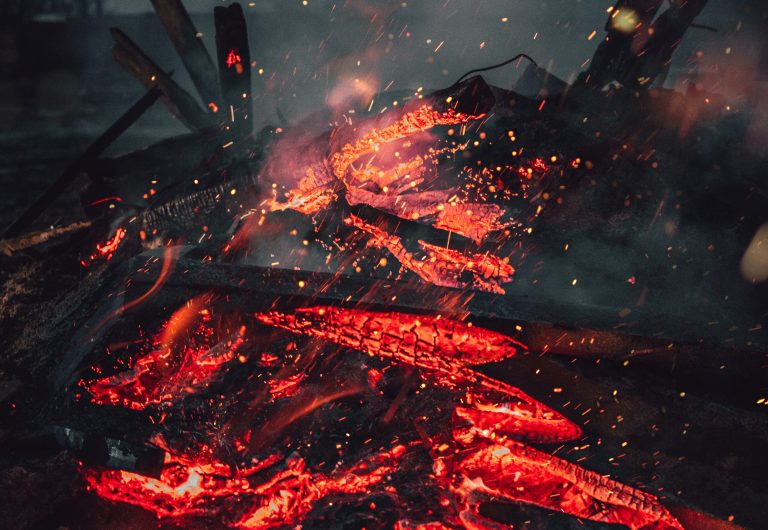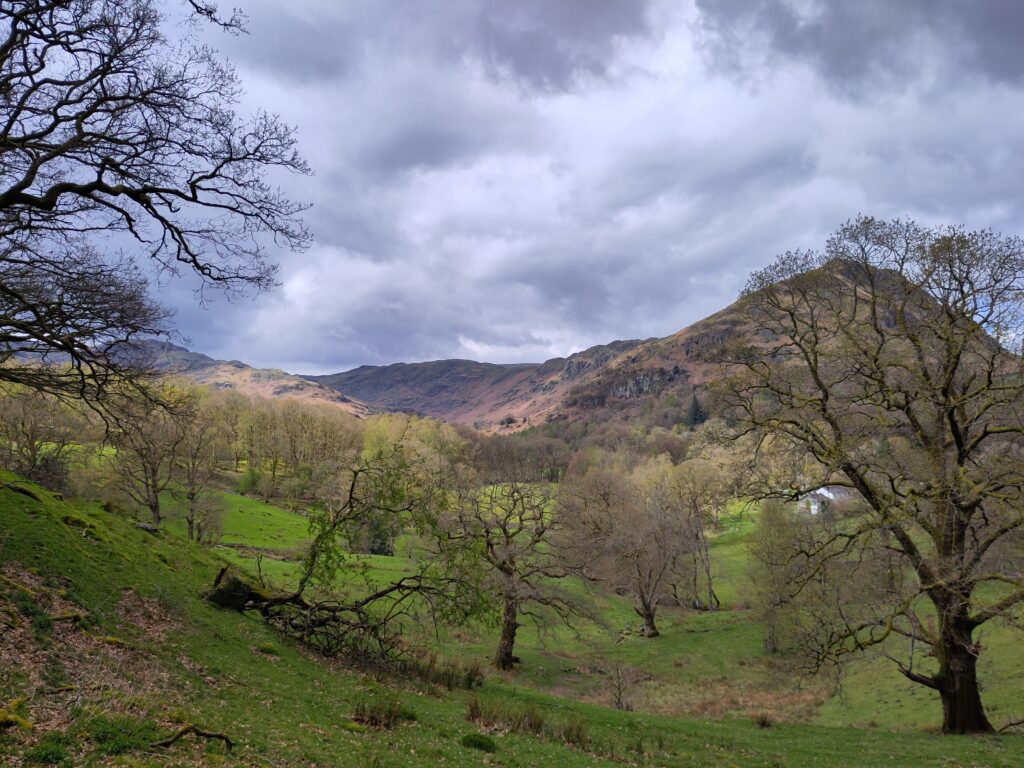What’s the significance of Paradise Lost? Why is it of interest to Quakers? Mart Layton looks forward to the return of his course ‘Paradise Lost: an introduction’

How do you reconcile your faith in a God of peace and justice in the face of an overwhelming political and spiritual defeat?
By the end of the 1650s the high hopes of the English republicans had faded, and the restoration of the old order was becoming more and more likely. When it did come, the grand cause of these ‘Christian heroes’ seemed utterly crushed. They were persecuted, abandoned, humiliated.
This experience of defeat occupied the thoughts of one of the English language’s finest poets, John Milton, who re-gathered his own faith by turning inwards, to thoughts of God’s providential plan and the fitness of his soul for salvation. The result was his epic poem Paradise Lost; his attempt to ‘assert eternal providence, / And justify the ways of God to men.’
It was an impossible task – the poem is a glorious failure – and yet the richness and depth of his language and the power of his spiritual struggle still moves us in ways that perhaps his audacious aim simply cannot.
Arguably second only to Shakespeare and the King James Bible for its impact on the literary imagination in English, Paradise Lost retells and expands the account of creation and the Fall of Adam and Eve from Genesis in light of early modern politics, philosophy and religion. In doing so he transforms the hopelessness and degradation of defeat into ‘the better fortitude / Of Patience and Heroic Martyrdom Unsung’. To Milton, to wait and to suffer in humility is the very model of Christian virtue in a fallen world. This may be a difficult conclusion to accept, but it is one, I think, that speaks to the message of Early Friends.
A literary work that makes great demands of its audience
Milton arose out of the same radical culture as Early Friends, and both seem to have developed their personal spirituality as a response to the confusion and violence of the 1640s. However, he was not as progressive an advocate of equality as were the Children of the Light; ‘the absurdity of equalling the unequal’, he called it, suggesting that ‘each person should be cared for according to his rank and eminence.’ He saw his audience as small and discerning – a ‘fit audience though few’ – he did not write for the ‘miscellaneous rabble’.
The poem, therefore, isn’t easy reading and makes few concessions on us in terms of our attention and the breadth of our knowledge. For this reason, it is probably a better-known work than a widely read one – Samuel Johnson said, ‘None wished it longer’ – but those who do invest their time in it often find themselves richly rewarded with a work of unparalleled imaginative and intellectual scope. Within its lines, Milton offers us an insight into Seventeenth century politics and religious controversy, and in the process, he asks us to examine our own state of fall-ness, as well as our fitness for salvation.
Milton’s legacy
Milton represents different things to different people. To some he is the romantic rebel, standing up for liberty against oppressive authority. ‘The reason Milton wrote in fetters when he wrote of Angels and God,’ the poet William Blake wrote, ‘and at liberty when of Devils and Hell, is because he was a true Poet and of the Devil’s party without knowing it’. Whilst for Wordsworth, Milton’s was a lost prophetic voice. One of his sonnets opens with the lines, ‘Milton! Thou shoulds’t be living at this hour: / England hath need of thee’. For Virginia Woolf, his was a negative influence on later women writers, seeing him as the apogee of a literary canon dominated by the dead, white males. However we might read him, and whatever quarrels we might have with his sexism, politics, or theology, we simply cannot ignore his impact.
Join the discussion
To read Paradise Lost today is to enter the world of seventeenth-century English literary, religious, and political culture, guided by one of its most brilliant and distinctive voices. Moreover, rather than being the dry and dusty ‘classic’ some take it to be, many encountering it for the first time are struck by how its themes of personal struggle, political consciousness and religious devotion still speak to us.
Over our eight weeks together, we’ll take a closer look at how Milton – the dangerous radical – became the venerated voice of the English literary establishment. As well as reading the poem together, we’ll consider something of his historical context, his political life, and his legacy.
The poet and his great epic have held my fascination for over two decades and they both continue to challenge and delight. I hope many of you can join with others on 11 May 2020 to see why, as we explore this remarkable work together.
Mart Layton is a Quaker and teacher. His interest is in exploring how Quaker spirituality strengthens lives of active witness.



